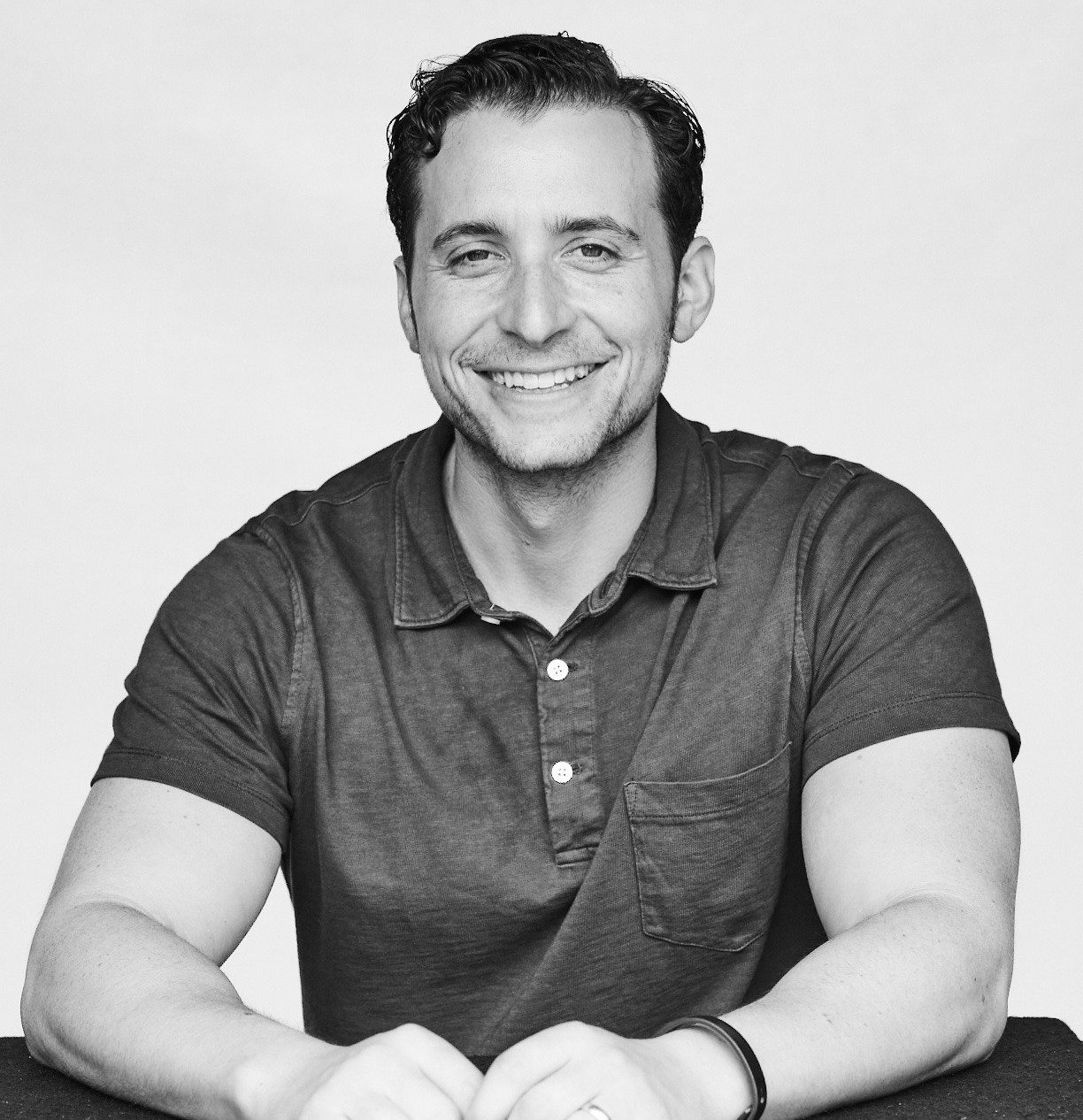“Is it in you?”
With all respect to LeBron James (who by his own admission occasionally requires the extra hydration), not everyone needs to fuel up with the brightly colored drinks before, during, or after activity. While athletes drinking the amplified water like it’s going out of style, the ultimate answer for your needs is more specified: your needs depend on the type of activity you perform.
In fact, for most weekend warriors, the need for Gatorade isn’t as real as the ads will make it seem. Yes, there are benefits to the sports drink. But those benefits are only derived when you deplete your body of certain nutrients. Meaning, if you’re the type of person who goes to the gym, pounds weights for 45 minutes, and then slugs back a Gatorade or two, you’re probably not doing your body any favors. And if you’re focusing on appearance, you’re definitely not going a to help promote progress. In this situation, water can do the hydration trick. But when you’re working out at a high intensity and crushing your body? No doubt you need more than water. You can refuel with “real” food, but something like Gatorade will help. And maybe more importantly, is both easy and efficient. When you’re trying to decide if you need a little liquid recovery, here’s what you should consider.
1) Athletes need salt
Most people are terrified of high sodium (which, by the way, is more BS than we make it to be, but that’s another story.), but athletes need sodium. If you regularly sweat out 2 to 3 percent of your body’s weight—3 to 6 pounds, for most of us—you probably need more sodium. It’s a matter of replacing what is lost.
2) Hydration alone doesn’t determine fatigue
Sports drinks replace some of the minerals you lose through heavy sweating. For example, most athletes know about electrolytes. In particular—potassium, magnesium, and chloride—are essential (and have the name “electrolyte) because your body needs them to transmit electrical signals from your brain to your muscles. This is what allows your body to function. And the highway for those brain-to-muscle message? You guessed it: your body fluids, which also happen to be regulated by sodium. Hence the need about for more salt.
So if you’re training for more than 60 to 90 minutes at a high intensity you may need to refuel during the workout and water alone won’t do the trick.
3) Carbs are good for athletes
Your main “energy” source during intense workouts is glycogen. The best way to think of this is a tank of carbs ready to be used during activity. (If not used it can turn into body fat, but this isn’t an issue for people doing high intensity activities.) When doing duration exercises, your glycogen levels deplete and you can “bonk.” The carbs in a sports drink like Gatorade refuel and keep your engine humming. While it’s always easiest to think about food and nutrition in terms of how it makes your body look, it’s more important for athletes to consider how their body will perform. This is when sports drinks can make the biggest difference in either helping with recovery, maintaining performance, or even in some cases (cough, LeBron) keeping you in the game.

Adam Bornstein is a New York Times bestselling author and the author of You Can’t Screw This Up. He is the founder of Born Fitness, and the co-founder of Arnold’s Pump Club (with Arnold Schwarzenegger) and Pen Name Consulting. An award-winning writer and editor, Bornstein was previously the Chief Nutrition Officer for Ladder, the Fitness and Nutrition editor for Men’s Health, Editorial Director at LIVESTRONG.com, and a columnist for SHAPE, Men’s Fitness, and Muscle & Fitness. He’s also a nutrition and fitness advisor for LeBron James, Cindy Crawford, Lindsey Vonn, and Arnold Schwarzenegger. According to The Huffington Post, Bornstein is “one of the most inspiring sources in all of health and fitness.” His work has been featured in dozens of publications, including The New York Times, Fast Company, ESPN, and GQ, and he’s appeared on Good Morning America, The Today Show, and E! News.